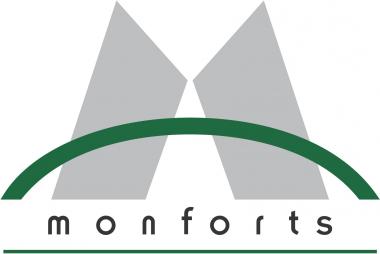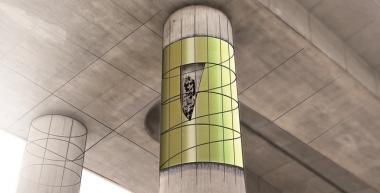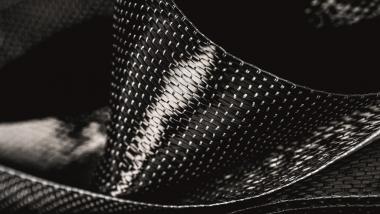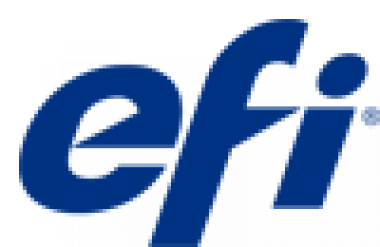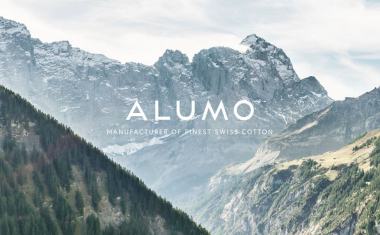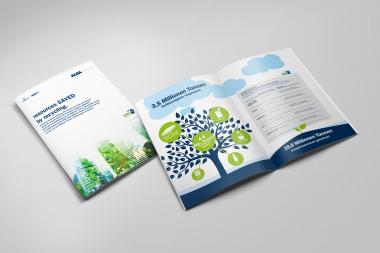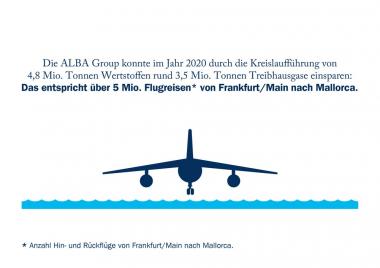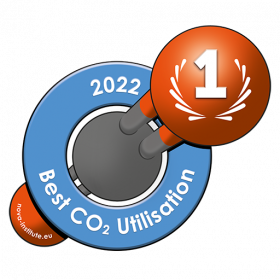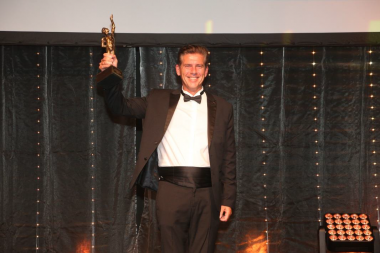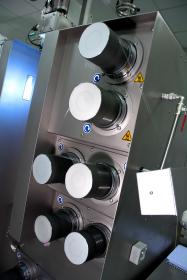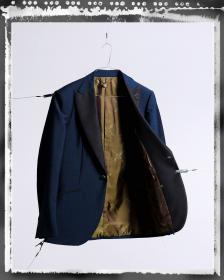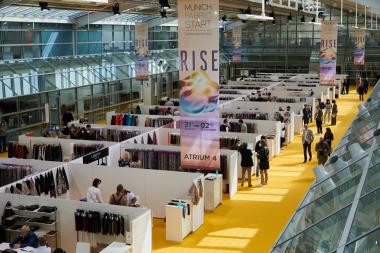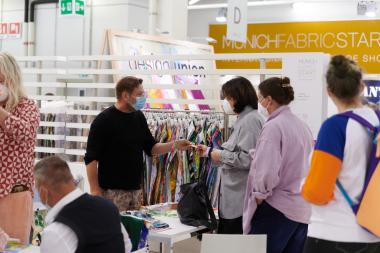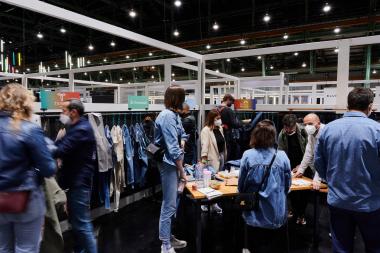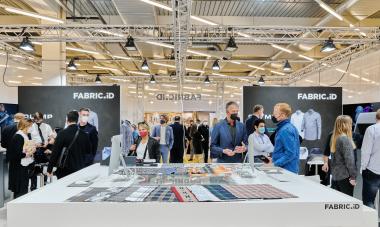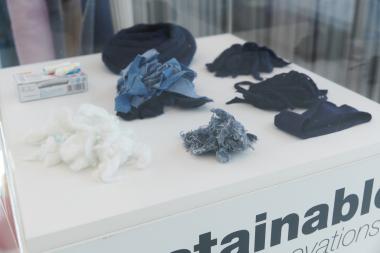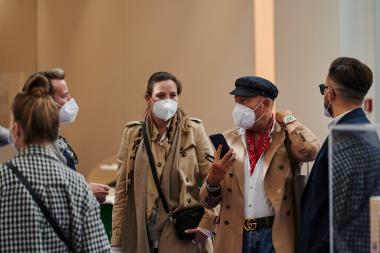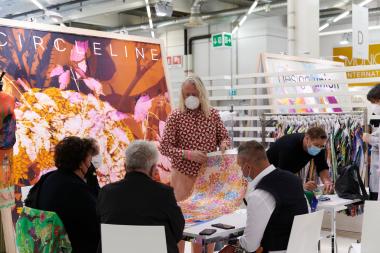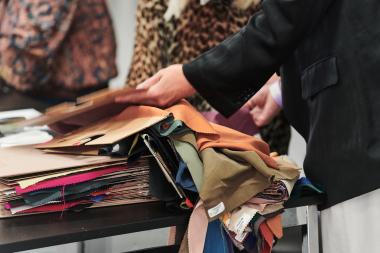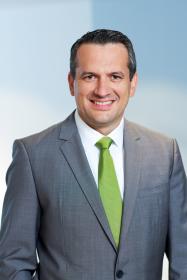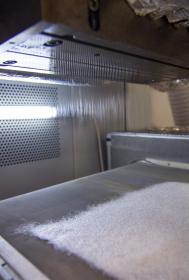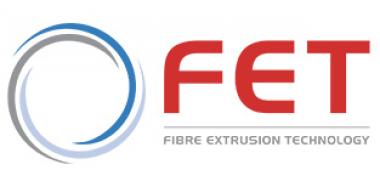Monforts: Automated finishing at Knopf’s Sohn
Knopf’s Sohn, a contract finisher of technical textiles, has installed a fully automated Montex stenter at its plant in Helmbrechts, Germany.
Knopf’s Sohn is processing technical textiles for the automotive, aerospace, home furnishings and workwear markets, based on wool, cellulose, polyamide and polyester fabrics, along with elastane blends, in weights of 80-800gsm.
The Montex machinery range is constantly being upgraded to meet evolving customer needs for greater automation, ease of operation and energy optimisation. The latest ten chamber line at Knopf’s Sohn, with a working width of up to 2.0 metres, was engineered to specific requirements in order to accelerate the company’s move to fully automatic control of its production, and high scaffolding was required for its installation.
The line benefits from two integrated ECO Booster modules to provide high energy savings. These compact, air-to-air heat exchangers, installed within the roof structure of the line, exploit energy from the exhaust gas to preheat up to 60% of the incoming fresh air entering the stenter.
The use of a single ECO Booster unit has been calculated to save up to 35% in energy costs, based on fixation processes. Fully automatic operation, set at the Monforts Qualitex control unit, ensures there is no additional burden on the machine operator.
The line is powered by Exxotherm indirect heating, which practically eliminates the yellowing which can be experienced during the treatment of certain polyamide and elastane-based fabrics, and is also equipped with a Conticlean circulating air filter system for constant high drying capacity.
Software
The latest Qualitex visualisation software offers operators reliability and easy control with its full HD multi-touch monitor and slider function, dashboard function with individual adaptation to operating states and faster access to comprehensive recipe data management.
With the Monformatic control system, the exact maintenance of the dwell time in combined treatment processes (drying and heat-setting) can be monitored. When the heat-setting point is reached, the fan speed is automatically adjusted, keeping energy consumption fully under control.
Monforts Technical Textiles textile machinery stenter machine stenters Automotive aerospace wool cellulose fiber polyester
A. Monforts Textilmaschinen GmbH & Co. KG / AWOL Media


